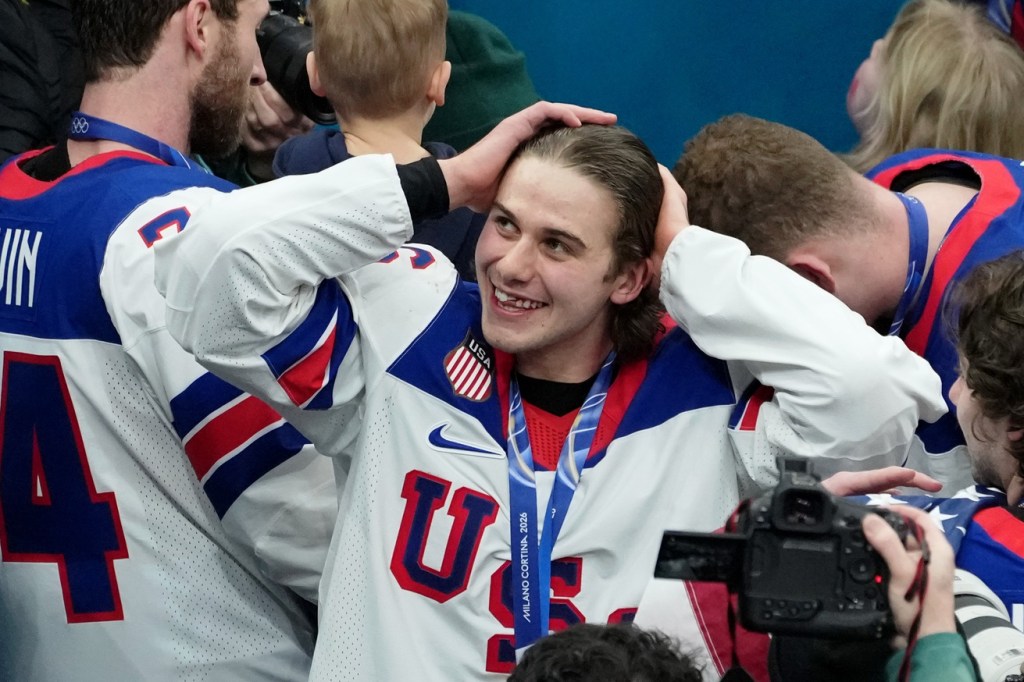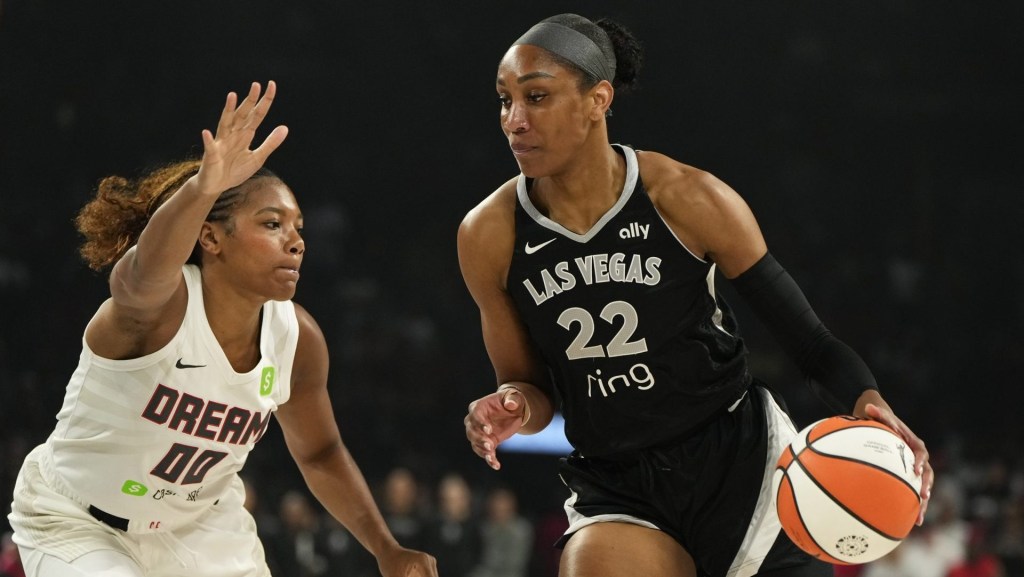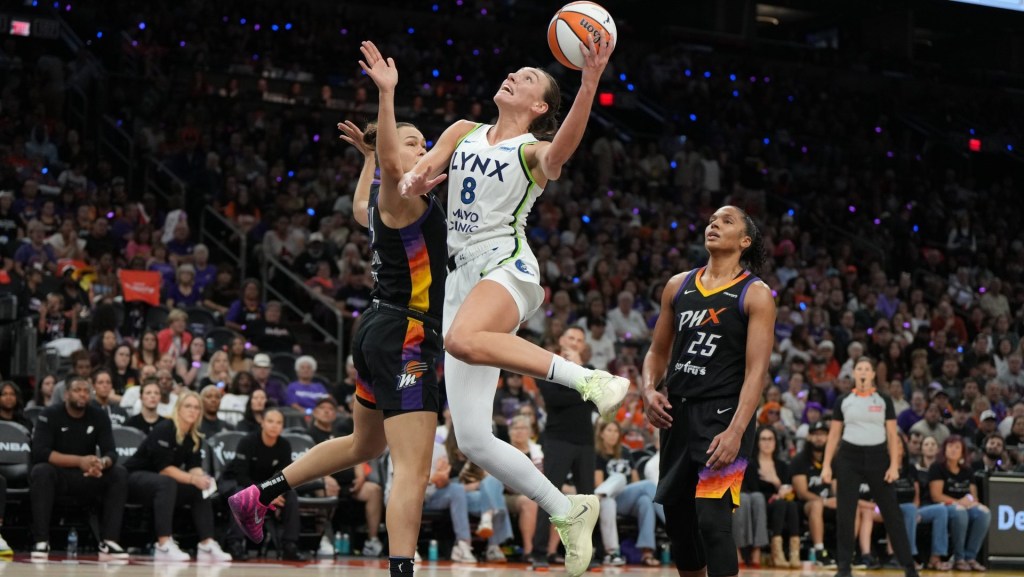College sports’ newest enforcement entity may not have much power after all.
On Wednesday, Texas attorney general Ken Paxton sent letters to all the power conference schools in Texas urging them not to sign the College Sports Commission’s participant agreement, which would give the new college sports enforcement entity the power to enforce rules set by the House v. NCAA settlement. Paxton also sent a letter to fellow state attorneys general to follow his lead.
The Power 4 schools in Texas include SMU, TCU, Texas, Texas Tech, Houston, and Baylor. SMU, TCU, and Baylor are private schools.
Paxton’s opposition alone could kill the agreement—rendering the CSC relatively toothless.
The agreement itself states that it is not enforceable until all 68 power conference schools sign it. One power conference school official told FOS that Texas schools could not sign the agreement against the wishes of their attorney general, calling it a “major smackdown.”
Texas Tech was already considering not signing the agreement, as FOS first reported; Texas Tech board chairman Cody Campbell praised the letter on Wednesday. Another school that declined to be named in a different conference was also considering not signing.
The agreement was first finalized last week, when schools received a copy—agreed upon by power conference offices—and were asked to sign by Dec. 3.
The agreement would apply to new House v. NCAA settlement rules including a cap on revenue sharing (starting at $20.5 million per school this year); a requirement to submit NIL (name image and likeness) deals for approval and a ban on “pay-for-play” NIL deals; new roster limits, and others.
The agreement would bind schools to the terms of the House v. NCAA settlement and the CSC’s enforcement operations. It would make schools potentially liable for rules violations committed by their associated NIL collectives or athletes. It would also waive some of their rights to sue, and would even threaten to punish them if associated entities like collectives or state attorneys general sue the CSC at their request.
Paxton called the agreement “unlawful” and “riddled with problems.”
In his letter to schools, Paxton said greatest concern was with the issue of schools waiving legal rights—and agreeing to be punished if other entities sue on a school’s behalf. He wrote it was “unthinkable” that a school “would agree to be penalized for actions undertaken by any state official, especially the Texas Attorney General.”
The rest of the agreement was “replete with one-sided measures,” Paxton wrote, including that the CSC could adopt future fines, penalties, or rules in the future, and that there is little mechanism for challenging rules or punishments. It also “perversely encourages litigation against the [schools] themselves by binding school employees to the CSC rules and agreeing to punish them for not obeying the rules.
Paxton added that parts of the agreement would require Texas schools from going against university rules and state law.
At this point, it’s unclear whether Paxton’s counterparts will follow his lead. Attorneys general in several major states have not yet responded to requests for comment.
A spokesperson for the College Sports Commission referred back to a statement from earlier this week.
“Each of these institutions has already proactively chosen to participate in the new system – either by opting in to revenue sharing or agreeing to the House settlement,” the statement says. “Signing the participant agreement is a logical next step in building a sustainable enforcement system and will allow the College Sports Commission to effectively deliver on what was agreed to in the settlement.”




![[Subscription Customers Only] Jul 13, 2025; East Rutherford, New Jersey, USA; Chelsea FC midfielder Cole Palmer (10) celebrates winning the final of the 2025 FIFA Club World Cup at MetLife Stadium](https://frontofficesports.com/wp-content/uploads/2026/02/USATSI_26636703-scaled-e1770932227605.jpg?quality=100&w=1024)












